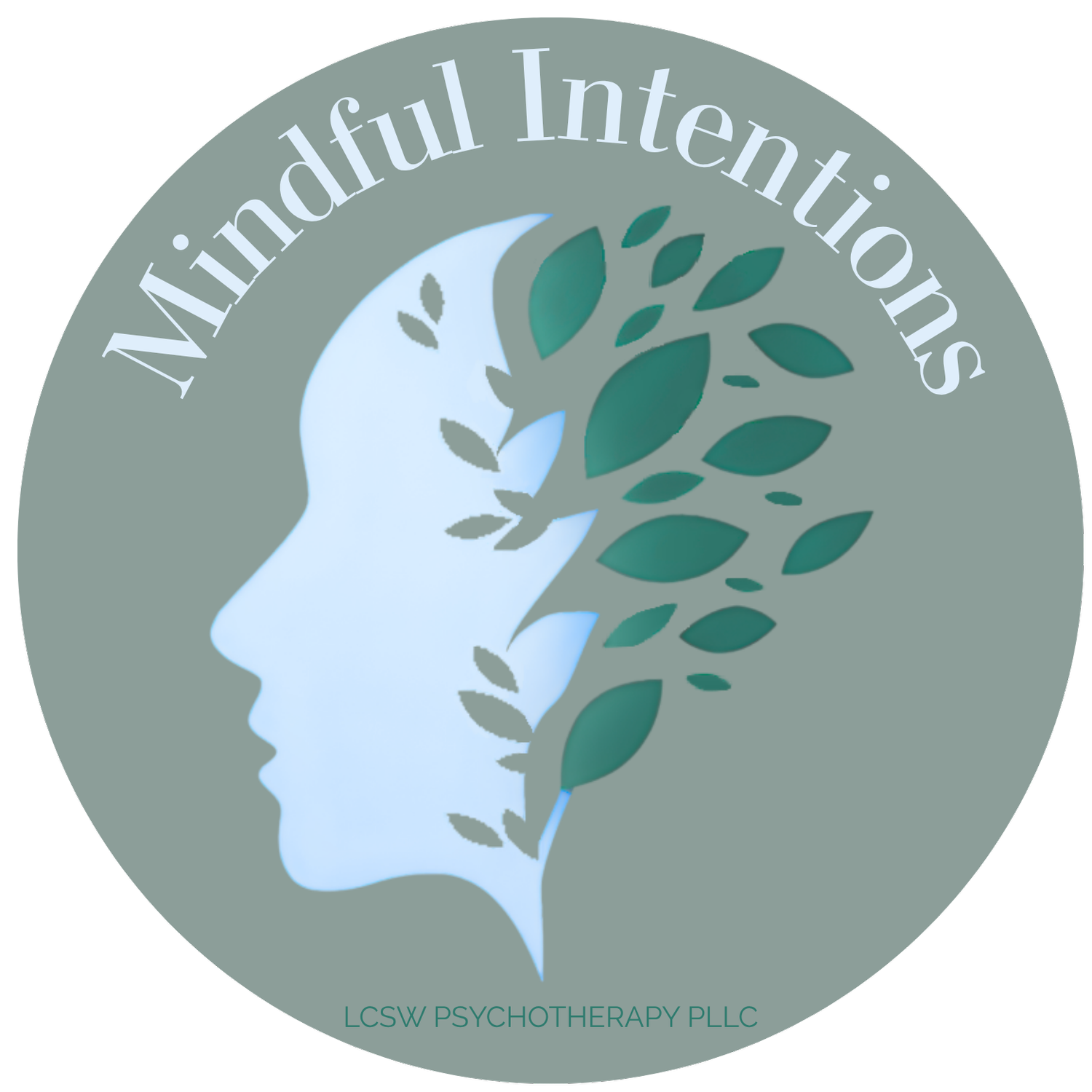Personality Disorders
When we talk about personality disorders in therapy, we’re not talking about something “wrong” with who you are, but about long-standing patterns of thinking, feeling, and relating to others, generally caused by past traumas, that may be causing distress or difficulties in your life. These patterns often developed over time—sometimes as adaptations to early life experiences or environments—and they may feel deeply ingrained or automatic. You might notice that certain challenges keep repeating in relationships, self-esteem, trust, or emotional regulation, even if you don’t always understand why.
Personality disorders are not a judgment of your character—they’re a way to describe how some patterns can become rigid or inflexible, making it harder to cope with change, navigate stress, or feel connected to others in fulfilling ways. Therapy offers a space to explore these patterns with curiosity and compassion, not blame. You might be dealing with feelings of emptiness, intense emotions, identity confusion, or fear of abandonment—things that are painful, but also treatable with support and consistency.
In our work together, we focus on helping you understand yourself more deeply, build healthier ways of coping, and strengthen your relationships. You’re not defined by a diagnosis—and therapy is about helping you reconnect with the parts of you that are resilient, insightful, and capable of change.
How We Can Help
Treating personality disorders in therapy is a process of understanding long-standing patterns in how you think, feel, and relate to yourself and others—and gradually learning how to shift those patterns in a way that brings more stability, connection, and self-trust. These patterns often developed over time, often in response to early life experiences, unmet needs, or chronic stress. Therapy isn’t about “fixing” you—it's about helping you build insight into these patterns, understand where they come from, and work toward greater emotional flexibility and balance.
The therapeutic relationship itself is a key part of the healing process. Many people with personality-related challenges have experienced instability, mistrust, or emotional invalidation in past relationships. In therapy, we create a consistent, safe space where you can experience being seen, heard, and accepted without judgment. Over time, this helps build trust and creates opportunities to explore your emotions, beliefs, and behaviors in a way that feels less reactive and more grounded.
Depending on your needs, we may draw from approaches like Dialectical Behavior Therapy (DBT) to build skills for managing intense emotions and improving relationships, Schema Therapy to address deep-rooted beliefs formed early in life, or psychodynamic approaches to explore the unconscious patterns influencing your behavior. We may also work on identity development, boundary-setting, communication skills, and learning how to regulate your emotional responses in healthier ways.
Therapy takes time, especially when working with deeply rooted patterns—but healing is absolutely possible. With consistency and support, you can build a stronger sense of self, improve your relationships, and create a more meaningful and manageable life.
